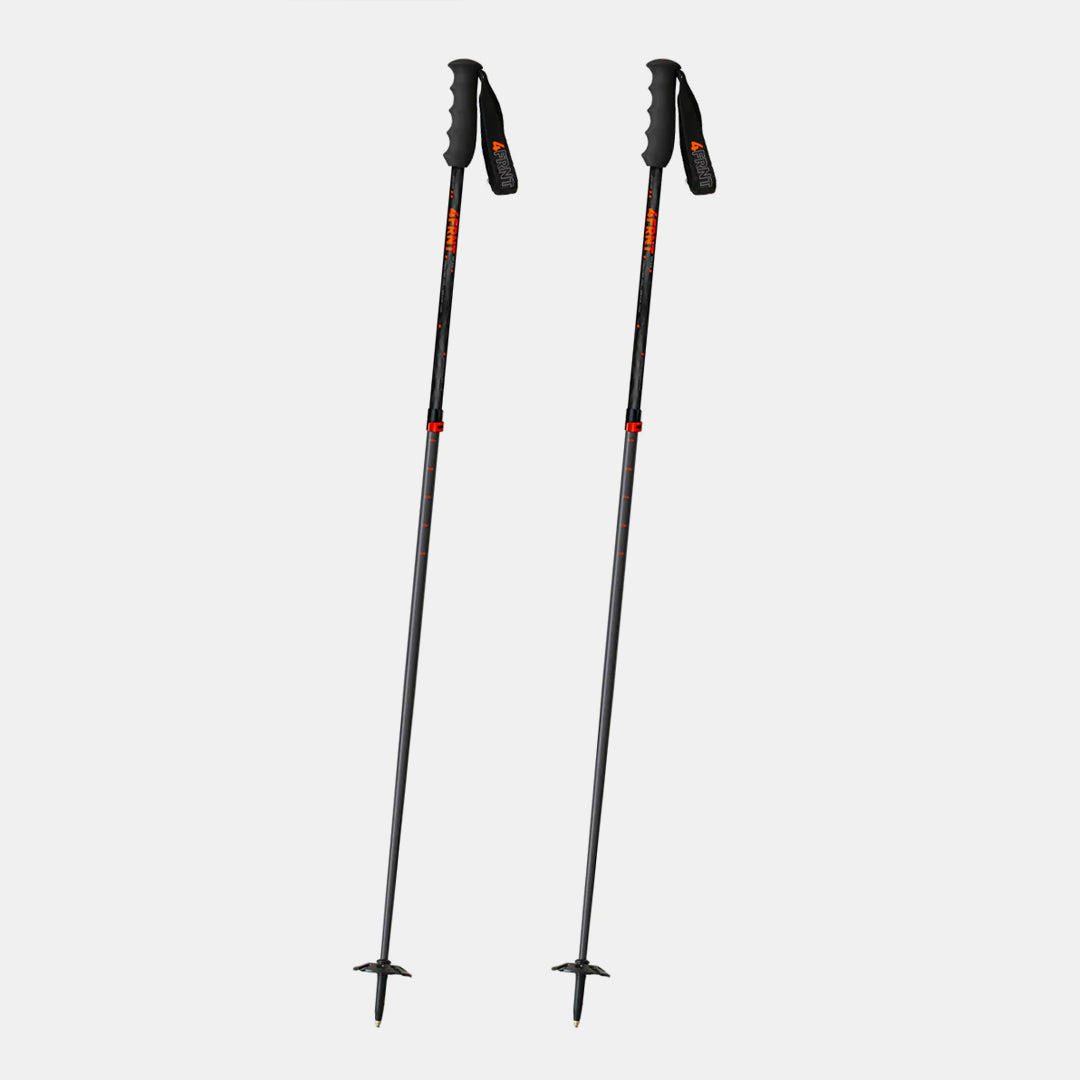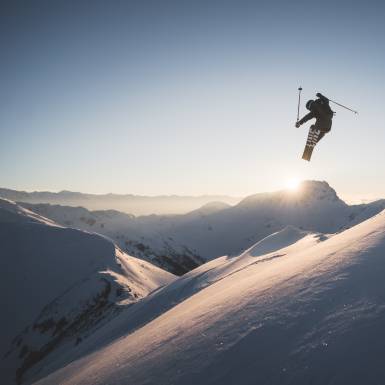
Each two years, the Olympics (the Greek term for summer) brings together athletes all over the globe. The International Olympic Committee (IOC), organizes the competitions. These events include swimming, track and field and weightlifting. The winner of each event is awarded a gold medal, while the second and third placers receive silver and bronze.
While the Olympics was originally a gathering of athletes, its popularity has grown over time and attracted more professionals and amateurs to it. The Olympics' scope has expanded to include a variety demonstration and individual sports as well the Paralympic Games.
The olympics require that athletes have good fitness levels and the ability to train for extended periods of time. They should also be familiarized with the rules and regulations for their sport.

A qualification for the olympics requires that you achieve a certain level of performance, or have your athlete place in an international event. For individuals, athletes must be qualified in their respective national Olympic Committees. For teams, they must qualify through continental qualifying events.
Many times, countries may only allow a few athletes to compete in an event. For team sports, the NOC chooses the entrants based upon a ranking list created by the IF based on the number and quality of athletes who meet a certain benchmark.
One of the most popular sports at the summer olympics is softball, which is a game similar to baseball in terms of its rules and format. The sport enjoys a large fan base in the United States. It was also included in the 2008 and 2004 Summer Olympic Games.
With an estimated 9 billion viewers watching the games on TV, the Olympic Games are considered the most popular sporting event in history. The media exposure is not the only reason the games are watched by millions. It also gives athletes the chance to become famous on a national and international level.

The games are often a focal point for a country's culture and national identity, as many countries send teams to represent their own people at the Olympics. But the games' popularity has created controversy, such as boycotts, bribery, doping and terrorism.
The 1968 Summer Olympics in Mexico City were marred by political controversy. Tommie Smith of the USA and John Carlos of Australia were the first and third place finishers in 200m respectively. To demonstrate their support for civil freedoms, they performed a Black Power Salute. Peter Norman from Australia was the second place finisher and wore an Australia human rights badge as a sign of solidarity.
In the 2008 Summer Olympics, China successfully hosted a record-breaking event, which saw over 11,000 athletes from 199 IOC member countries compete in Beijing. The Olympics were a huge success for China's economy and helped cement China's position on the international stage.
FAQ
When traveling, what should you remember?
When you travel, you'll find yourself in situations with little time to make decisions. Prepare to be flexible.
It is possible to be stuck anywhere for hours, days or even weeks. If you have a plan, you'll be able to provide food, water, shelter and a place to rest. However, if you don’t plan ahead, you might need to improvise.
In these instances, you may need to rely only on what you are good at. You will have to rely on your instincts and experience to make quick decisions.
Sometimes, however, you will not have any other choice. For example, you could be stranded in an area without cell phone service, running out of gas, or having been robbed. In those situations, you'll have to adapt quickly to whatever situation presents itself.
The key is to keep calm, stay focused and act decisively. Don't panic. Instead, focus on what you can control.
If you find yourself lost in the woods you can choose which way to go. If you are hungry, you can eat mushrooms or berries. Rainwater or melting snow are good options if you're feeling thirsty.
Or if you're tired, you can rest. If you're cold, you can bundle up. If you get wet, you can put on clothes. You'll feel happier if you remain positive, no matter what your decision.
Which documents should I bring with me on vacation?
To make it easy to find important documents on the road, keep copies at home. If you plan on using an ATM machine, you may want to keep a copy of your passport, driver’s license and other official identification cards.
It is a good idea if you have a photocopy your passport so that it can be used in the event of a need.
Make sure to keep a copy of your itinerary and any reservations. These will help you remember where you are going and what you plan to see.
This should be in addition to the original flight ticket and hotel reservation details. This way, you'll be able to contact someone back home if you get into trouble.
Also, don't leave valuables unattended. Your valuables will be safe if you keep them in a money belt, or inside your luggage.
You can avoid expensive loss by checking your baggage before you travel.
Remember that it is always safer to be simple than to plan everything.
Enjoy your journey and relax!
Should I buy travel insurance?
Travel insurance is essential for anyone who plans to go on an adventure. In fact, you should have cover for all types adventure sports.
For example, if you are skiing, you should ensure that you have medical coverage. You should also consider getting coverage for theft, damage, and loss.
It is also worth considering purchasing cancellation cover. This covers you from any possible penalties if you cancel your holiday.
It is also a good idea if you are able to get emergency evacuation cover. In the case of an avalanche and other natural disaster, you can be evacuated from the mountain.
How do I prepare for vacation?
It is essential to exercise and eat healthy while on vacation.
It is also important to get enough sleep and keep hydrated before you go.
You should ensure you have all necessary travel documents and medication ready for when you go.
And if you're planning to take any medication during your trip, ensure you carry enough to last until you return home.
Finally, be sure to pack a change of clothes in case you get sick or injured.
How can you travel light?
When packing for a trip, there is no right or wrong answer. Here are some tips that will help you make the right choice when packing for your next trip.
-
Only bring what you truly need.
-
Pack only what you'll actually wear.
-
Do not overpackage yourself with items.
-
You should ensure that you have enough space in your luggage.
-
You should always double-check that everything is packed.
-
Enjoy free storage
-
Reusable water bottles are better than bottled water.
-
You can carry a backpack rather than a suitcase.
-
Walk or cycle whenever possible instead of using public transport.
-
You can choose the right size bag.
-
Avoid carrying bulky items.
-
Be prepared for any eventuality.
-
You can't leave any trace.
Statistics
- They're also likely to offer babysitting services, in case you'd like to have dinner one night after 7 p.m. (travelandleisure.com)
- Between the ages of 11 and 13, kids, or tweens, will likely want some autonomy but also need boundaries. (travelandleisure.com)
- No Checked Bags: No Alcoholic beverages with more than 70% alcohol (over 140 proof), including grain alcohol and 151 proof rum. (tsa.gov)
- According to Maori legends, this park holds 14 fjords that were all carved by a giant stonemason with an adze. (busytourist.com)
- Alcoholic beverages with more than 24% but not more than 70% alcohol are limited in checked bags to 5 liters (1.3 gallons) per passenger and must be in unopened retail packaging. (tsa.gov)
External Links
How To
What are the top travel tips for beginners
You can travel is an exciting adventure, but there's a lot you need to be aware of to make sure you have a safe and enjoyable journey.
These are some basics to help you plan your next trip.
-
Book early. The price of a booking is lower if it's made in advance. By booking in advance, you can save money on hotels and flights.
-
Stay-at-budget accommodations. Cheap hotels are more affordable. They are usually close to public transport and shopping centers.
-
Don't overpack. Pack light. Make sure you have enough space for souvenirs and other gifts. Wear clothes that fit well, and don't wrinkle easily.
-
Be sensible. Be careful if you're on your own. Avoid dangerous neighborhoods and areas with high levels of crime.
-
Prevent theft. Keep valuables out of sight. You should never leave anything valuable at home when you go swimming.
-
Take care with your cash. Thieves often target tourists in foreign cities. Keep your money safe and use ATMs only in banks or secured locations.
-
You should know where you are. Before booking a hotel, ensure you know how to get around using public transport. You can find out more about popular attractions, restaurants, or other sights.
-
Read up on safety. Before you go, find out about the local laws, customs and culture.
-
Have fun. Enjoy yourself, no matter what happens. It's worth it.